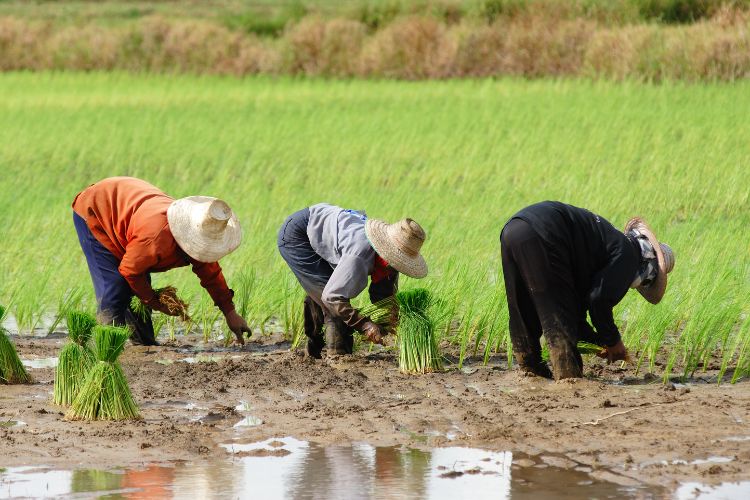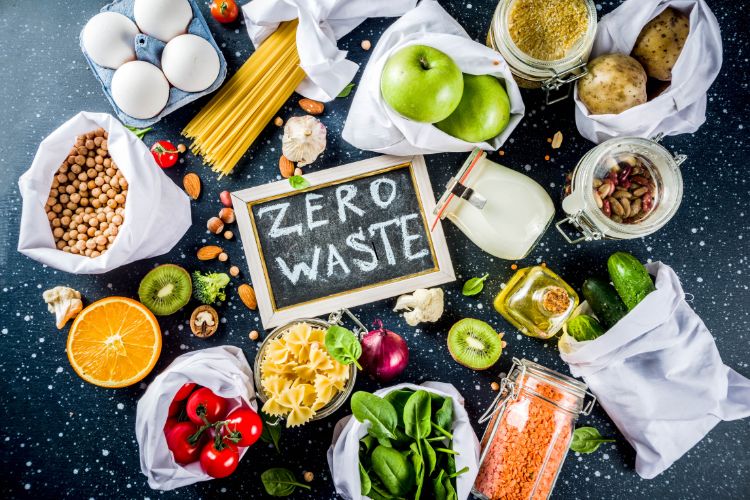Food waste is a significant global issue, affecting not only the environment but also economic and social systems. It is estimated that between harvest and retail, around 15% of all food produced is wasted, which translates into wasted resources like water, electricity, and transportation. Implementing effective strategies to reduce food waste can help mitigate these impacts.
Food Production and Farming Strategies

Precision farming involves using advanced technology to apply the right amount of water, fertilisers, and pesticides, ensuring optimal crop growth and reducing waste due to overproduction. Additionally, developing crop varieties that are resistant to pests and diseases can minimise crop loss, ensuring a stable food supply and reducing agricultural waste.
Supply Chain Management
Efficient logistics plays a crucial role in reducing food waste. Optimising routes using advanced software can reduce transit times and minimise spoilage, especially for perishable goods. Implementing inventory management systems like First-Expired-First-Out (FEFO) ensures that older products are sold or used before newer ones, reducing waste due to expiration. Educating staff on best practices for handling and storing food items is also essential.
Retail and Supermarket Strategies

Retailers can use advanced inventory management systems and data analytics to forecast demand accurately, optimising stock levels and reducing overstocking. This approach helps prevent unnecessary purchases and reduces the likelihood of food expiring before it can be sold.
Industrial and Community Initiatives
Industrial initiatives include redistributing excess food to those in need through partnerships with food distribution organisations and supporting local food banks and charities. Anaerobic digestion can convert food waste into biogas, which can be used as fuel, providing an alternative energy source.
Educational and Awareness Initiatives
Raising awareness about the environmental and economic impacts of food waste is crucial. Promoting sustainable food practices through workshops and campaigns can encourage communities to adopt more sustainable food systems. Supporting local farmers and reducing food miles can also contribute to a more sustainable food environment.
Consumer-Level Strategies

Consumers can significantly impact food waste reduction by planning meals and making shopping lists to avoid buying unnecessary items. Choosing “ugly” fruits and vegetables, which are just as nutritious and flavourful as their conventional counterparts, can also help reduce waste. Proper food storage is crucial; rotating food in the fridge, freezer, and pantry ensures that older items are used first. Understanding the difference between “use-by” and “best before” dates can prevent the discarding of safe food.
Consumers can also reduce waste by serving smaller portions and saving leftovers for later meals. Composting food scraps or donating them to farms with animals, as well as donating surplus food to neighbours or food relief organisations, are additional ways to minimise waste.
Conclusion
Reducing food waste requires a multifaceted approach that involves producers, distributors, retailers, and consumers. By implementing these strategies, we can significantly reduce waste, conserve resources, and contribute to a more sustainable food system. Every small action counts, and collective efforts can lead to substantial positive impacts on the environment and society.







